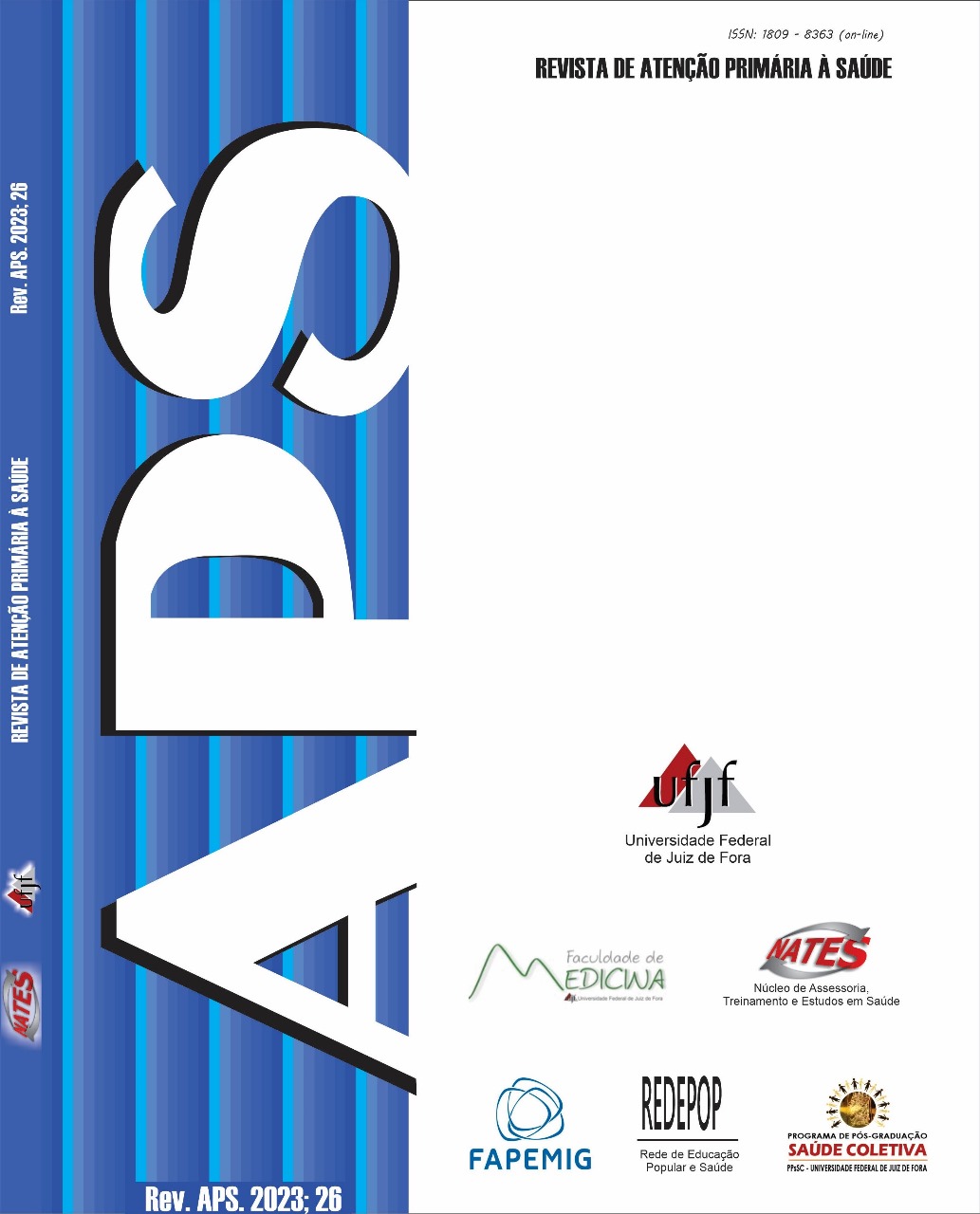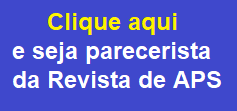Programa Saúde na Escola: avanços, dificuldades e desafios na promoção da saúde nas escolas do Brasil
DOI:
https://doi.org/10.34019/1809-8363.2023.v26.38864Palavras-chave:
Serviços de Saúde Escolar, Promoção da Saúde, Política de SaúdeResumo
O Brasil passou por um extenso percurso histórico até a institucionalização de um programa nacional para atuação no âmbito escolar. A realização deste estudo justifica-se diante da necessidade de se analisar como a promoção da saúde vem se efetivando dentro das escolas do país, possibilitando uma reflexão sobre a efetividade das atividades até então realizadas, assim como embasar a execução das próximas ações pela gestão e por profissionais de saúde no âmbito deste programa. Teve como objetivo identificar avanços, dificuldades e desafios para promoção da saúde nas escolas brasileiras pós implementação do Programa Saúde na Escola (PSE). Trata-se de uma revisão integrativa da literatura, realizada nas bases de dados Scientific Electronic Library Online (Scielo), Google Scholar e Biblioteca Virtual em Saúde (BVS), para responder à questão-norteadora: o que estudos trazem acerca dos avanços, dificuldades e desafios para promoção da saúde nas escolas brasileiras pós implementação do PSE? As buscas ocorreram em outubro de 2021, com os descritores “promoção da saúde”, “serviço de saúde escolar”, e “Brasil”. Identificaram-se 511 artigos, dos quais 17 foram selecionados pelos critérios de elegibilidade, avaliados quanto ao rigor metodológico e nível de evidência. Os 17 artigos apresentaram nível de evidência VI. Identificaram-se avanços no percurso da promoção da saúde, como aproximação do vínculo escola-família e unidade de saúde e a atuação multiprofissional nas atividades pactuadas. Contudo, apontou-se como dificuldades e desafios sobrecarga e acúmulo de atividades pelos profissionais, carência de insumos materiais, infraestrutura inadequada, fragilidades de vínculos intersetoriais e ações fragmentadas e centradas na prevenção de doenças.











